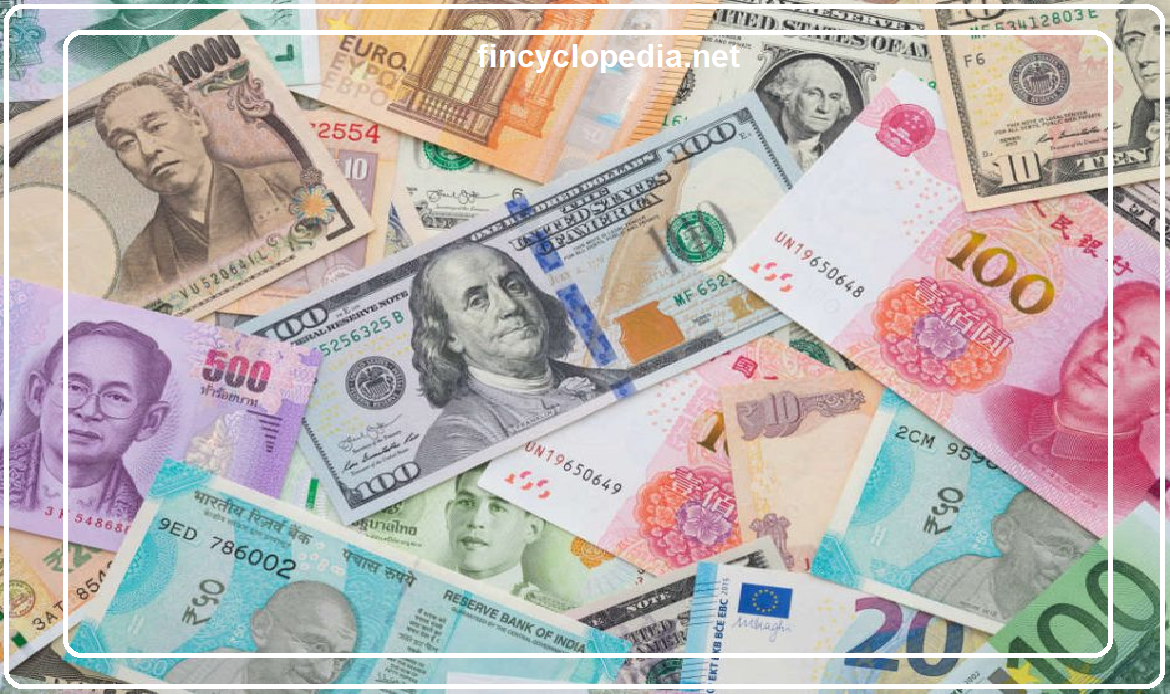
Concept
Legal tender is a form of money (currency) that courts of law and the broader legal system in a country legally recognize as satisfactory means of payment for any monetary debt within its jurisdiction. In other words, it is a form of money legally valid for the payment/ settlement of debts (and coutervalues) and that must be accepted for that purpose when presented by a legal or corporate person. Legally valid money (fiat money), if tendered by a debtor in payment/ settlement of its monetary obligation, must be accepted by the creditor as a means of payment and settlement.
Legal tender represents the legal status of fiat money (fiat currency) as an acceptable form and standard for payment of obligations. The U.S. dollar is considered to be both fiat money and legal tender, as it is accepted for settlement of private and public debts. In this sense, legal tender is any currency that a government declares to be have a legal status as a means of payment. Governments usually issue a fiat currency and then declare it legal tender by recognizing it as the standard for debt repayment.
Fiat currency
A fiat currency is a currency that has no intrinsic value but is issued on the creditworthiness of a government, but without direct connection with (i.e., convertibility to) a precious metal commodity (like gold or silver). However, it may be supported by reserves of such metals held by the issuing central bank. Fiat currency is established as a legal tender by government regulations.
Principally, the value of a fiat currency is derived from the trust and confidence that people have in the government or central authority that issues it. Basically, fiat currency is money created with a government permit, and it is accepted as a medium of exchange for goods and services. Being a source of money, it would serve other functions of money: store of value and unit of account.




